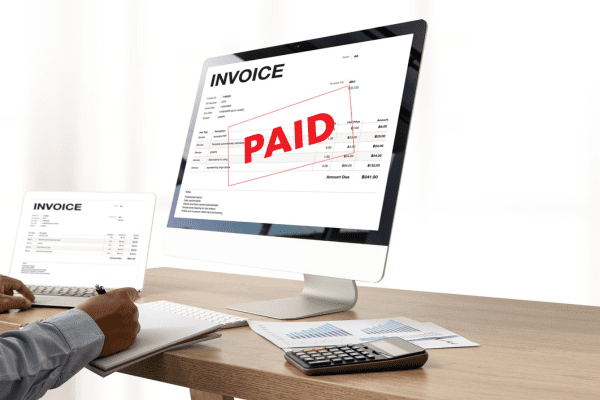
What Is An Invoice Factoring Broker?
An invoice factoring broker, sometimes referred to as a factor broker, is a company or individual that facilitates the sale of a company’s accounts receivable (invoices) to a factoring company. Accounts receivable represent unpaid invoices that a company is owed for goods and services that have been sold. The process of buying these unpaid invoices is called factoring (also known as invoice factoring or accounts receivable factoring), and the companies doing the buying are called factors or factoring companies. Invoice factoring allows businesses the opportunity to borrow against money that they expect to receive on unpaid accounts receivable. Invoice factoring services are a convenient alternative to a traditional bank loan and provide business owners with access to immediate cash flow to cover essential operating expenses such as payroll, inventory, and maintenance.
Companies choose to sell accounts receivable when they want to take advantage of the hidden cash stored in their unpaid invoices. In order to tap into this cash, the businesses will offer the unpaid accounts receivable for sale at a discount. An invoice factoring client can receive immediate cash for its invoices. This can be helpful for a company that is having financial troubles or is simply looking to eliminate cash shortages. Invoice factoring works especially well for businesses that have receivables for large amounts of money.
The process by which accounts receivable are sold is fairly straightforward. A factoring broker might sell them to an open group of buyers or might target specific potential buyers. The broker will usually refer the factoring client to a factor for a percentage of the factoring discount fees.
A factoring broker can sell for factors (factoring businesses) on either a full-time or part-time basis. To become a factoring broker, one might attend a business college that provides courses on the subject.
Working as a factoring broker might be appealing to someone who enjoys finance, sales, and marketing. Brokering factoring deals work well in any economy, including during times of recession or financial hardship when many businesses are looking for financing help.
A good broker will also help the client to understand what information is needed before the accounts receivable can be presented for sale. Typically, a prospective client will need to assemble financial information on its company, including accounts receivable reports and customer information. It is usually helpful for some general information on the company to be provided as well.
If a company is looking for a factoring broker, they will usually try to find someone who is experienced, who has good connections, and who has been successful at finding factoring companies for clients in the past. To determine a factoring broker’s history, clients may ask for references that will verify the broker’s credentials. References from other businesses can also give clients a good idea of an invoice factoring broker’s skill and professionalism.
- What Is An Invoice Factoring Broker? - July 17, 2022
- 7 Tips for Buying Out a Business Partner or Majority Owner - May 13, 2022
- 6 Leadership Secrets Every Small Business Owner Should Know - December 9, 2021

